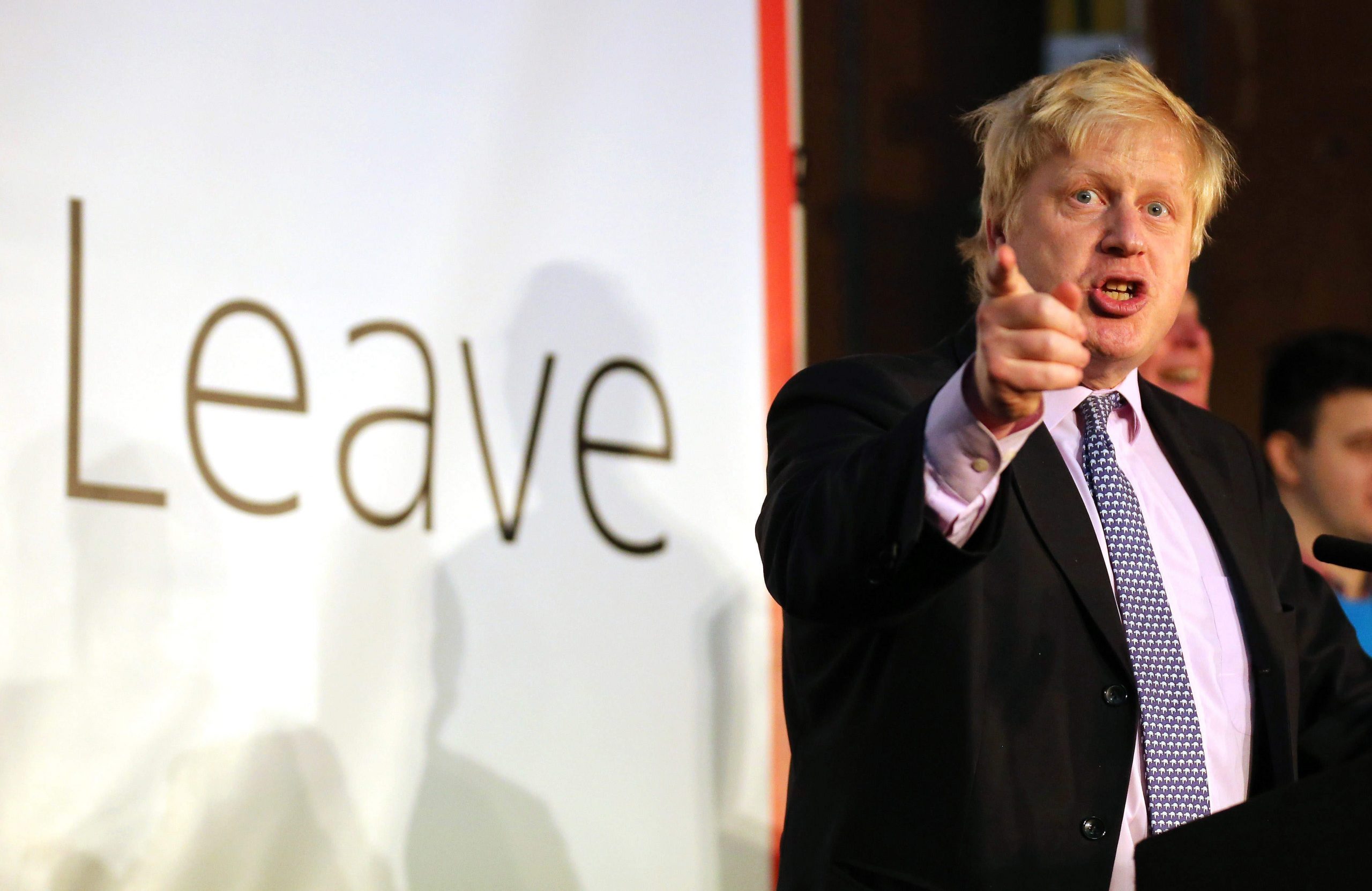
EU supporters have long denounced their opponents as conspiratorial, threatening and unhinged. Late last night, the Vote Leave campaign released a statement seemingly designed to confirm every one of these charges. In response to ITV’s announcement that it would stage a debate between David Cameron and Nigel Farage, the Brexiters accused the broadcaster of joining “the official In campaign”, targeted its political editor Robert Peston (“who campaigned for Britain to join the euro” – a claim he has denied) and ominously warned of “consequences for its future” (“the people in No.10 won’t be there for long.”)
This belligerent statement (which was followed by a more measured version this morning) was revealing in two respects. In its aggrieved tone, it recalled memories of the Scottish independence campaign (and to a lesser extent, Labour under Ed Miliband), which similarly alleged media bias and attacked the TV debates format. For the Leave side, these are not encouraging precedents. If you’re complaining, you’re usually losing (and if the phone polls are correct, the Brexiters are). This is not only because such aggression is typically born of insecurity but also because it alienates the moderate swing voters who decide such contests. “If your case is so strong,” they wonder, “why are you so angry?”
The statement also confirmed what I and others have long written: that Leave regards Farage as Remain’s secret weapon. The Ukip leader is a 15 per cent, not a 50 per cent politician. He animates the base but struggles to reach the centre. Polling suggests that his party has contaminated the Eurosceptic brand as voters seek to avoid guilt by association. At the very moment that support for Ukip reached a record high last year, so did support for EU membership.
It is for these reasons that Leave is so alarmed by the prospect of a debate between Farage and Cameron. Presented with this forced choice, most voters will side with the prime minister. Rather than debating one of the country’s most unpopular politicians, Leave would rather Cameron faced its most popular: Boris Johnson. The Prime Minister, whose survival depends on winning the referendum, and who wants to avoid blue-on-blue clashes for the sake of Tory unity, has wisely, if ruthlessly, torpedoed this possibility. If they want to win, the Brexiters would do well not to behave as if this blow is terminal.





